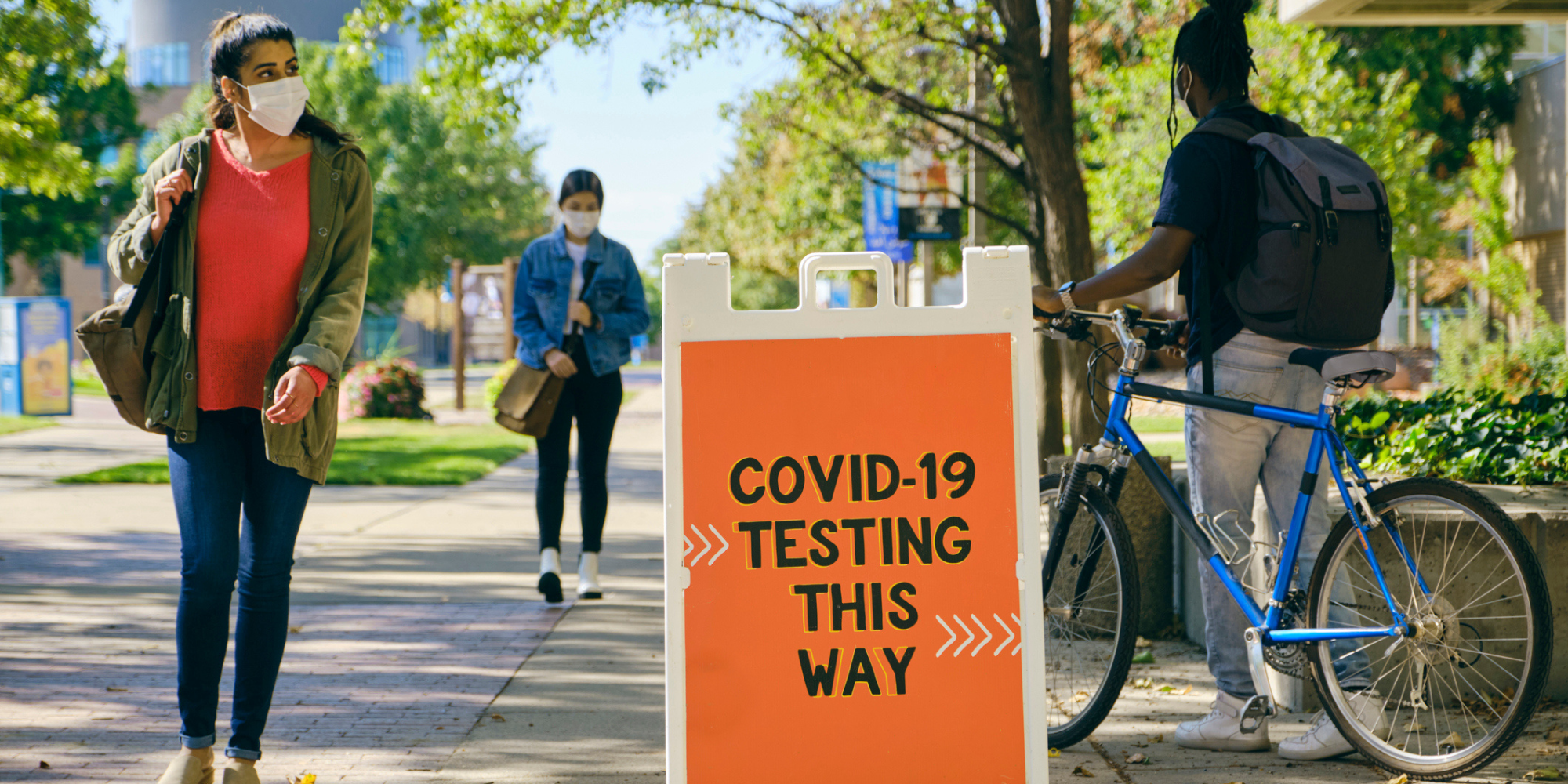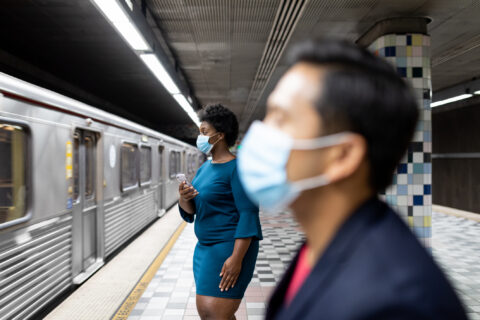In early 2020, two emergency declarations were issued in support of the nation’s response to the COVID-19 pandemic: a National Emergency and a Public Health Emergency. These declarations triggered different flexibilities within the federal government to support ongoing national efforts to address the ever-changing pandemic needs and are now coming to an end with implications for cities.
Specifically, on April 11, President Biden signed a bipartisan congressional resolution to end the national emergency put in place to respond to the COVID-19 pandemic. The national emergency declaration, enacted by President Trump in 2020, provided the federal government with the ability to deploy federal funds and make policy decisions that would quickly support the nation’s economic and health systems. Federal agencies had already begun to wind down many of the programmatic changes made under that national emergency in anticipation of this action.
On May 11, the Public Health Emergency (PHE) for COVID-19 will also expire and with it, many changes to key programs ranging from Medicaid and the Supplemental Nutrition Assistance Program (SNAP) to emergency management and addiction treatment. As local leaders work to understand what this means in their communities, here are the programs that will be impacted and may affect your city and residents:
COVID-19 Testing and Reporting
Through the Public Health Emergency residents in our nation’s cities, towns and villages have had access to free COVID-19 vaccines and testing, as well as data on positivity rates and hospitalization rates in their communities.
With the end of the Public Health Emergency, private insurance companies will no longer be required to cover COVID-19 tests without cost sharing, both for over the counter and laboratory tests. The Department of Health and Human Services (HHS) will also no longer have the authority to require lab test reporting on COVID positivity, which may affect the ability to calculate percent positivity for COVID-19 tests.
Local leaders should ensure their residents understand this impact of access to COVID testing as well as work with their states and local health departments to encourage the signing of voluntary Data Use Agreements (DUAs) to continue sharing vaccine administration data beyond the Public Health Emergency.
Medicaid
During the Public Health Emergency, access to Medicaid was extended through continuous enrollment so there would be no gaps in coverage to meet short-term needs for vulnerable patients. With the end of the emergency, Medicaid enrollees will have to reapply for coverage through a redetermination process that is estimated to result in 5 million to 14 million people losing coverage.
Given the anticipated impact on homeless, people with mental health conditions and/or substance use disorders, among other vulnerable populations, these shortfalls will cause further risks and challenges for individuals and communities. As a city leader, it is important to be aware of your state’s plan for redetermination to inform their process and efforts.
Addiction Treatment
To ensure access to lifesaving treatments for those battling addition, during the Public Health Emergency, the Drug Enforcement Administration (DEA) and the Department of Health & Human Services (HHS) allowed providers to prescribe certain controlled substances virtually or over the phone without first conducting an in-person medical evaluation including, buprenorphine, which has been shown to decrease overdoses.
While these services will be impacted by the end of the Public Health Emergency, the DEA has issued a Proposed Permanent Rule that would extend these flexibilities. Local leaders should stay aware of the publishing of the Final Rule to understand the impact of this service on your efforts to address substance use in your community.
Nutrition
To ensure access to heathy food for all residents during the pandemic, significant increases were made to nutrition programs through the U.S. Department of Agriculture (USDA), most notably, SNAP.
Starting in July, the temporary benefits extended to college students who receive work-study but are otherwise ineligible, as well as students who have an expected family contribution of zero during the public health emergency will begin to be phased out. Work requirements for able-bodied adults without dependents will once again be enforced. Congress has also ended the temporary boost to SNAP benefits, known as emergency allotment. Access to food for young adults in homeless shelters through the Child and Adult Care Food Program will also end.
To understand what these changes may look like for your residents, local leaders can view these examples from USDA that highlight population impact to inform your local strategy on food access for residents.
Emergency Management
In line with the end of the Public Health Emergency, FEMA has established a Public Assistance Program Emergency Work completion deadline of May 11 in which eligibility of all emergency work and associated costs for COVID-19 ends. Costs incurred for work related to COVID-19 after that date will not be eligible for Public Assistance funding. The one exception to this deadline is a 90-day extension period for any demobilization, disposition, and disposal of equipment and supplies after the completion of eligible emergency work. If your community has received these funds, make sure that you understand the deadline policy as outlined by FEMA.
Housing
Mortgage Forbearances granted by the USDA, the U.S. Department of Housing and Urban Development (HUD) and the Federal Housing Administration (FHA) to temporarily postpone mortgage payments due to pandemic-related loss or harm will end on May 31.
This change will impact homeowners in all communities. Local leaders should ensure that their residents understand this change and ensure that local housing organizations are prepared to meet the increased questions and needs from the community.
For ongoing, up-to-date information on the impact of the end of the Public Health Emergency, local leaders should consult the HHS website.













